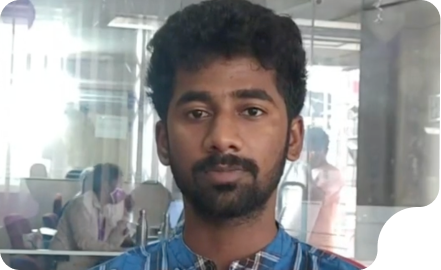BANKING WITH EASE
Manage your money, wherever you are
No matter where you are, we’ve got you covered for all your banking needs.
BANKING FROM ANYWHERE
Access all benefits in one place
Avail NRI banking products instantly, anytime, anywhere
BANKING WITH EASE
Send money worldwide
Make secure, fast online fund transfers to or from anywhere in the world with our state-of-the-art remittance service.
- Fast and secure transactions
- Great exchange rates
- Send money to / from over 200 countries and 11,000 banks


BANKING WITH RELIABILITY
Banking with trust, expertise
and care
Expanding the KBL family everyday

BANKING WITH KNOWLEDGE
Simplify banking with easy reads
Discover our special and exclusive offers made for you
BANKING WITH YOU
Here for you, always
24/7 support for your banking needs
Meta Title
NRI Priority Banking: Tailored Financial Solutions | Karnataka Bank
Meta Description
Financial services for NRIs with Karnataka Bank's NRI Priority Banking. Benefit from personalized solutions, dedicated support & a wide range of banking privileges.










